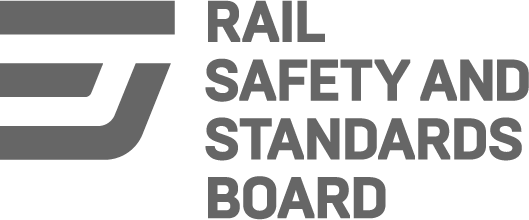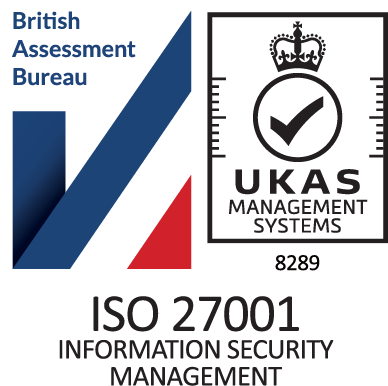Developmental Competence Management
Developmental Competence Management
Developmental Competence Management is all about putting the candidate front and centre of the process, focusing on their needs and encouraging them to own their competence.
What is developmental competence?
Developmental Competence Management puts the candidate at the centre of the process, focusing on their needs and encouraging them to take ownership of their competence.
Why is this important?
To understand the benefits, it’s essential to compare the two main approaches to competence management:
Compliance-Based – Focuses on legal assurance, often reactive and minimal.
Developmental – Prioritises individual growth, using structured feedback to enhance competence.


The Compliance-based Approach
A compliance-based approach focuses on ensuring an organisation meets the requirements of its safety certificate and franchise agreement and maintains legal compliance.
This method is reactive, aiming to spend minimal time on assurance. Candidates are assessed as competent or not, with little insight into their skill levels. Training is based solely on legislation and past incidents, rather than proactive feedback or performance measurement.
Since issues are only identified after an incident, this approach prevents organisations from implementing improvement plans or proactively managing competence.
The Developmental Approach
Developmental Competence Management empowers candidates to take control of their own learning by providing clear materials, open access to records, and Assessor support. Instead of a simple “competent or not” assessment, a grading system identifies specific development needs, allowing for a more tailored learning experience.
The grading system uses a traffic light model:
RED: Significant development needed, possibly requiring retraining.
AMBER: Minor improvement needed, such as clarification or re-briefing.
GREEN: Competent as expected.
DOUBLE GREEN: Exceeded expectations.
With reduced rail services impacting practice opportunities, access to e-learning, performance criteria, and linked learning materials is crucial. This system ensures candidates can actively track and improve their competence.

Benefits of a Developmental System
A well executed Developmental Competence Management system will bring the following benefits to an organisation.

Improved Performance
People become more competence over time by focusing on their own development needs through access to linked learning materials and the assessment grading system.

Improved Visibility and Confidence
A company deploying a developmental approach has a very good idea of its level of competence. This view is based on data gathered from a reliable source.

Reduction in Incident Rates
Performance issues are dealt with pro-actively, before they course incidents, instead of reactively in response to an incident.

Cost Savings
A Developmental Competence Management system reduces costs by preventing incidents, improving training efficiency, and minimizing failure management.
Empowering railway professionals with Competence Solutions
Our offerings




